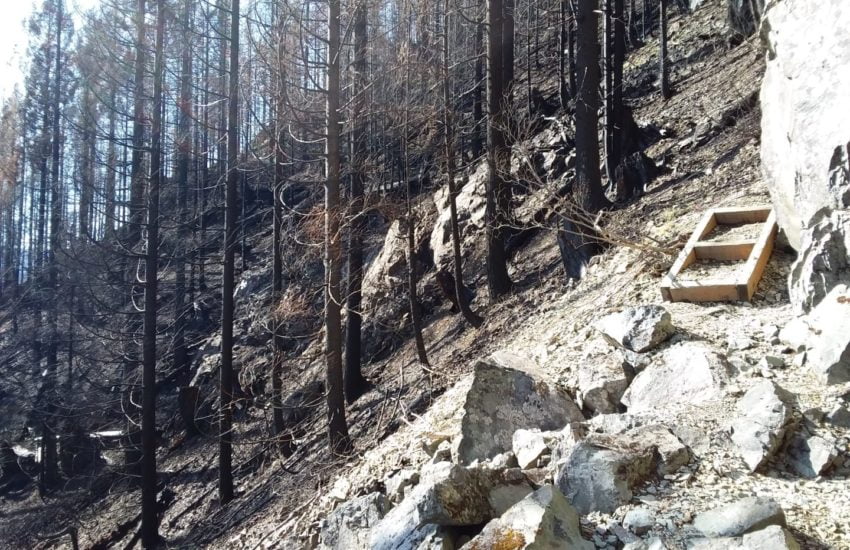
WASHINGTON, D.C. – Today, the U.S. Department of Energy (DOE) announced up to over $96 million in funding for bioenergy research and development. This funding supports the U.S. bioeconomy, as well as DOE’s goal of providing consumers and businesses with a range of domestic energy options that are affordable, reliable, and secure.

Topic areas within this FOA will advance DOE’s Bioenergy Technology Office’s objectives of reducing the price of drop-in biofuels, lowering the cost of biopower, and enabling high-value products from biomass or waste resources. Topic areas include:
- Scale-Up of Bench Applications (up to $28M): Reducing scale-up risk of biofuel and bioproduct processes.
- Waste to Energy Strategies for a Bioeconomy (up to $18M): Addressing ways to use materials that are currently “waste” to make energy and new products, including strategies for municipal solid waste; wet wastes, like food and manures; and municipal waste water treatment.
- Algae Bioproducts and CO2 Direct-Air-Capture and Efficiency (up to $14M): Lowering the cost of algal biofuels by improving carbon efficiency, and/or by employing direct air capture technologies.
- Bio-Restore: Biomass to Restore Natural Resources (up to $8M): Quantifying the economic and environmental benefits associated with growing energy crops, with a focus on restoring water quality and soil health.
- Efficient Wood Heaters (up to $5M): Developing and testing low-emission, high efficiency residential wood heaters.
- Biopower and Products from Urban and Suburban Wastes: North American Multi-University Partnership for Research and Education (up to $15M): Developing innovative technologies to manage major forms of urban and suburban waste, with a focus on using plastic waste to make recycled products and using wastes to produce low-cost biopower.
- Scalable CO2 Electrocatalysis (up to $8M): Developing low temperature and low pressure CO2 electrocatalysis technologies for generating chemical building blocks.
The application process will include two phases: a concept paper and a full application. Concept papers are due on March 5, 2020 and full applications are due on April 30, 2020.

